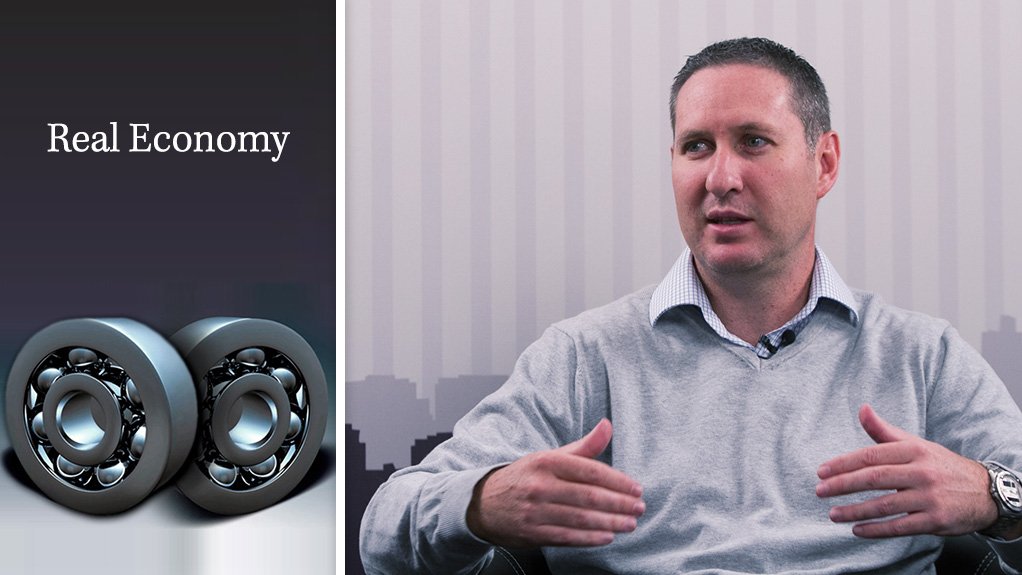With the problems associated with the giant Medupi and Kusile power station projects capturing headlines again in early September, it was somewhat strange, even refreshing, to listen to an economist espousing the virtues of large, complex mega- projects.
But political economy of development professor Christopher Cramer, of SOAS, University of London, made a captivating case for developing countries “biting off more than they can chew” when it came to pursuing large projects.
Using the writings of development economist Albert Hirschman as a prism through which to view economic development, Cramer acknowledged that megaprojects were commonly associated with being “over budget, over time, over and over”.
But speaking at a seminar hosted by the Department of Trade and Industry, he nevertheless urged developing countries to adopt a “possibilist approach” to such projects rather than eschewing them because of the obvious financial, technical and skills hurdles.
This is arguably the approach that is theoretically being adopted by the South African government, which has included a number of large and complex projects in the National Infrastructure Plan being overseen by the Presidential Infrastructure Coordinating Commission. Having said that, very few new projects have started to emerge from that pipeline, as is all too evident from the weak order books of South Africa’s main contractors.
But should the projects eventually begin to move from concept to implementation there will, no doubt, be a robust debate about the wisdom, for instance, of pursuing a large-scale nuclear programme, as opposed to facilitating a series of smaller independent power producer projects.
Cramer comes down firmly on the side of the large and the complex. Quoting Hirschman, he argues that “the only way in which we can bring our creative resources fully into play is by misjudging the nature of the task, by presenting it to ourselves as more routine, simple, undemanding of genuine creativity than it will turn out to be”.
The focus, Cramer added, should not be the cost-benefits analysis, which “is never decisive” and is highly sensitive to the assumptions included in the model. Instead, policymakers should seek to cultivate the ability to both monitor and creatively respond to crises, rather than pretending that there won’t be crises in projects.
This possibilist approach is underpinned by the notion that there is power in making mistakes, or as Cramer puts it, “getting it wrong may be getting it right”.
He ended with a quote from Samuel Beckett, which he said captured the approach that ought to be adopted: “Ever tried. Ever failed. Try again. Fail again. Fail better.”
EMAIL THIS ARTICLE SAVE THIS ARTICLE
To subscribe email subscriptions@creamermedia.co.za or click here
To advertise email advertising@creamermedia.co.za or click here











